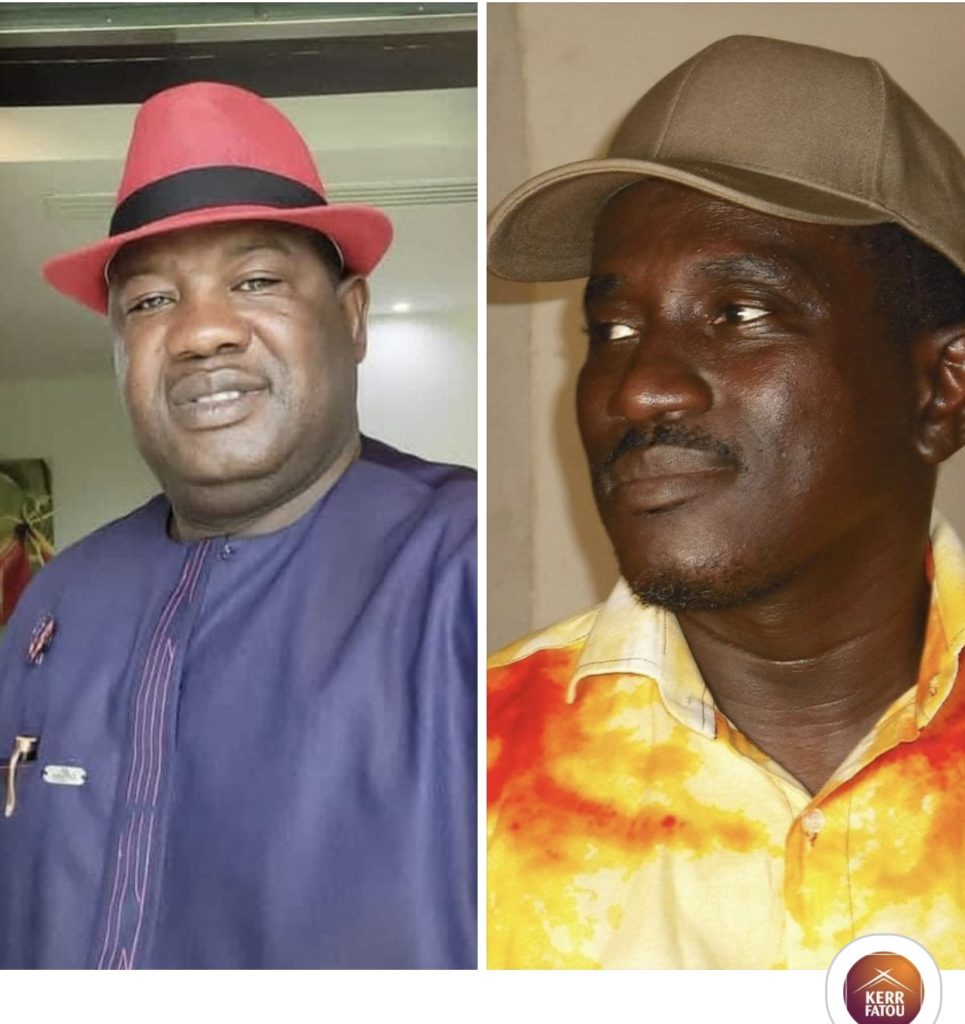
By Landing Ceesay
Counsel Ida Drammeh, the lawyer for the CEO of GACH Global, Abubacary Jawara (Plaintiff), at the beginning of the pretrial phase of his client’s defamation lawsuit against Momodou Sabally (Defendant), told the court that they intend to tender eight (8) documents.
Counsel Drammeh informed the court that the plaintiff (Abubacary Jawara) filed a list of documents on the 14th of October 2022 and also filed an additional list of documents on the 21st of October 2022.
Justice Bakre the presiding Judge asked the defendant’s lawyer, Counsel Fatty whether he had any objection to the documents.
“I am objecting to all the documents on the plaintiff list of documents as well as the additional list of documents,” Counsel Fatty responded.
Among the 8 documents, the plaintiff (Abubacary Jawara) intends to tender before the court are: Four (4) Audios with their transcriptions in English, Momodou Sabally’s (Defendant) Facebook posts, and a warning letter from Abubakary Jawara dated 1st February 2021
Counsel Ida Drammeh then applied to tender a warning letter to the defendant (Momodou Sabally) from the plaintiff (Abubacary Jawara) dated the 1st of February 2021.
The defendant’s lawyer, A. Fatty said he has no objection to the document and Justice Bakre admitted it into evidence as PF 1.
Counsel Drammeh then tendered another document before the court. It is a transcription of 17 audio messages in English.
The first audio played in the courtroom before Justice Bakre has one Saibou Hydara telling Abubacary Jawara (plaintiff) not to take Momodou Sabally (defendant) to court due to the relationship between Badibu and the Serahule tribe. He could be heard in the audio cautioning that the plaintiff will lose his lawsuit against Sabally.
After the audio was played, Counsel Drammeh for the plaintiff applied for it to be admitted into the evidence.
However, Counsel A. Fatty for the defendant objected to the audio being admitted into evidence.
“I am objecting to the admissibility of transcription 1 and audio 1 because they are computer-generated documents,” Counsel Fatty told the Court.
Counsel Fatty said Section 22 subsection 4, of the Evidence Act, concerning statements obtained by computer, should be accompanied by a certificate.
Counsel Fatty argued that a flash drive is categorised as a computer device and that section 22 subsection 4 of the Evidence Act is saying any computer-generated documents should be accompanied by a certificate of the description of the said document before it will be admitted into evidence.
Counsel Fatty said requirements in section 22 subsection 4 are mandatory.
“There is no certificate accompanying the audio. That means that the mandatory requirement is not satisfied. I, therefore, urged the court to reject audio 1 and transcription 1 and mark it as rejected. Because it does not meet the requirements of Section 22 subsection 4 of the Evidence Act.
In response to Counsel Fatty’s arguments, Ida Drammeh the lawyer representing the plaintiff said the audio and transcription are not a statement contained in documents procured by a computer.
Counsel Drammeh said Counsel Fatty for the defendant’s argument is flawed.
Counsel Drammeh argued that there is no document procured by a computer and submitted that there is no need for certification of her documents.
Meanwhile, Justice Bakre rejected the audio but admitted the transcription of the audio as evidence PF 2.
Justice Bakre said if the transcription is rejected meaning any document that is typed by lawyers on a computer would be generated and thereby should not admit into evidence.
Justice Bakre then adjourned the case to the 18th of January 2023.

